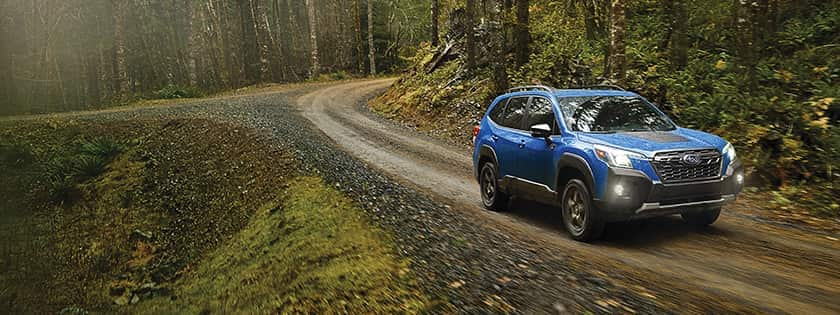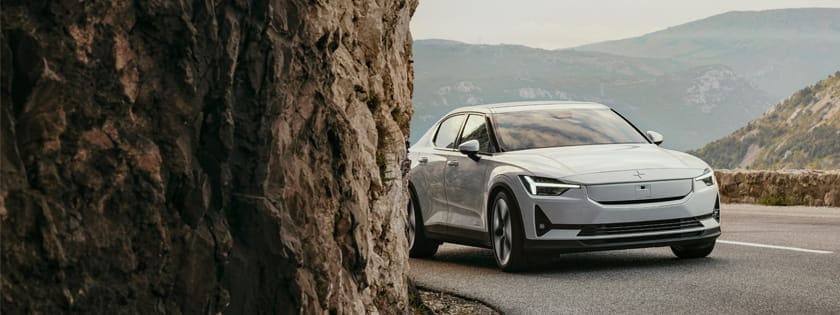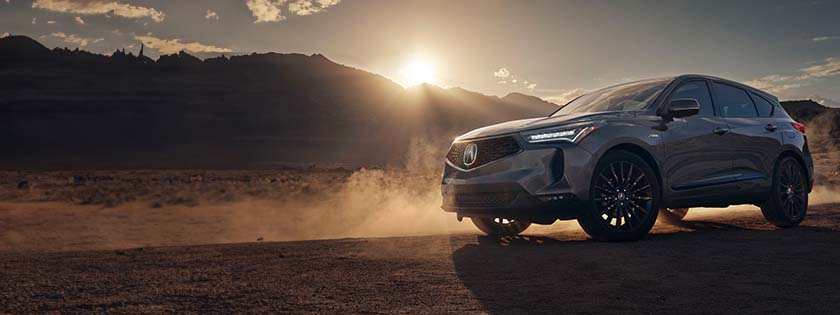When your lease is over, you can drop the car off with the dealer, sign a few documents, and either walk away or get something new. But what if you really like the car? Should you consider buying it? Below are some tips that will help you decide if you should buy out your lease. And if the answer is yes, we'll tell you how to effectively make the transaction.
Should You Buy Out Your Leased Car?
Here's How to Know if a Lease Buyout Is Right for You
Are you in love with the car you're leasing? If so, consider buying it when the lease ends.
Is This Vehicle Worth Buying?
Dig up your lease contract and look for the residual amount, which may also be called your buyout amount. If you don't have your contract handy and you make online payments, you can find your residual by logging into your account. You should also be able to get your residual by calling the bank that holds your lease.
Once you've got your residual amount, click on our car appraisal tool, and plug in the details of your vehicle. Our tool will tell you the average retail, trade-in and private-party market value for your leased car. If your buyout amount is considerably less than the average retail price, buying your car could indeed be a good deal.
Is the Car in Good Mechanical Condition?
One of the great things about leasing is that you're usually under warranty for the duration of the lease. But when you buy out your lease, you won't have the same safety net: Most bumper-to-bumper warranties end at the three-year mark.
Consider having your vehicle checked out for mechanical problems before you buy it. If you're still covered by the factory warranty, you can arrange for repair of covered items at little or no cost.
If you haven't had to replace tires, brakes or your battery during your lease, you will need to do so at some point in your ownership. Factor in those costs along with what you'll spend for regular maintenance. If you're not sure what upkeep costs to expect, check out our True Cost to Own tool for a good estimate of what you can anticipate.
But if your vehicle is in good overall condition and won't cost that much to keep up over the long haul, that's another sign that your leased car might be a good purchase.
See Edmunds pricing data
Has Your Car's Value Changed?
Used car values are constantly changing. Edmunds lets you track your vehicle's value over time so you can decide when to sell or trade in.

Have You Exceeded Your Miles or Bashed the Car's Interior or Exterior?
If you've gone way over your lease's mileage limits, buying the car becomes a much more enticing option. Same goes for excess wear and tear. The reasons are simple: When you complete a lease buyout, you will not be penalized for going over your allotted mileage or having a dent in your fender. Factor in those penalties when you're deciding whether buying your lease is the right move.
Will a Buyout Fit Your Budget?
If you buy out your lease and don't make a new down payment, your monthly payments will likely be more expensive than your lease payment. Let's take a Honda Accord as an example:
When the buyer started this lease a few years ago, she made a down payment of $1,999 for a Honda Accord. Her monthly payment was $199 plus tax, for 36 months. This deal had a residual of $13,512.
She decides to buy the vehicle at the end of the lease term and takes out a 60-month loan to pay the remaining $13,512. The new monthly payment has crept up to $262, based on an interest rate of 6%. If she opted to extend the loan to 72 months with the same interest rate, her payment would drop to $224. This calculation doesn't factor in taxes and fees, which would boost the monthly payment further.
As you can see, it's a good idea to pencil out these things before you make a final decision to buy. Use our Auto Loan Calculator to get a ballpark idea of your potential new car payment based on your residual.
If you're not sure what interest rate to use in the calculations, don't worry. You don't need to be exact at this point. You're just looking to get a rough idea. Estimate what you think you'd qualify for based on your credit. Keep in mind that interest rates for used-car loans tend to run slightly higher than those for a new car.
How to Pay for the Car
If you've decided that buying out your lease is the right choice for you, you have two ways to complete the transaction: with or without a dealership's participation.
If you're not financing the vehicle or you're financing the loan with a credit union, you send the check to the lender for the payoff amount, and then go to your Department of Motor Vehicles to pay the taxes and registration fees. This option works well for those who are paying in a lump sum or have bank financing and don't mind the trip to the DMV.
To avoid the DMV visit, you'll need to work with a car dealership, which may not be keen to help you. Here's the explanation.
Why Dealers Don't Love Doing Lease Buyouts
In a buyout, the dealership purchases your leased vehicle directly from your bank for the buyout amount, adds your vehicle to its inventory then sells it back to you for the same amount. The dealership will then handle your registration with the DMV and terminate your lease.
Since the dealership sells the car for the same price at which it bought it, it nets no profit. In fact, because of accounting rules at some dealerships, a lease buyout may even look like a loss of profit. That's why dealerships might refuse to do the deal for you or may suggest they will do the paperwork for a flat charge. Some dealerships will do the deal for you as a courtesy if you leased the car there, but there is no guarantee of that.
There's a way to give a dealer an incentive to help you: Get your financing at the dealership. By doing so, the dealership will receive a small payment from the bank for setting up your loan. And because car dealerships have an array of lenders to choose from, the finance manager may be able to get you a lower interest rate for the buyout loan than you can get from your own bank or credit union.
To go this route, you should first get a preapproved car loan from your own bank or credit union. It's best to know early in the process the rate for which you can qualify, even though you might end up going with the dealer's financing.
Then, to see if you can get a lower buyout amount, call a dealership that sells your vehicle's brand and speak to someone in the finance department. Ask the manager if the car's residual amount is negotiable. If it is, call the bank that holds your lease and try to negotiate a lower buyout amount. Be sure to tell the bank you'd like to buy the vehicle yourself. Most banks won't negotiate a lower buyout, but occasionally some will to avoid the hassle of taking back the car and selling it at auction. So it doesn't hurt to ask.
Finally, set up an appointment with a dealership that sells your car's brand to work out the buyout. Make it for a slow time, such as a weekday. Dealerships may be reluctant to complete a lease buyout over a weekend or on a holiday.
Ending the Lease Cycle
For millions of people, leasing is perfect. But if you'd like to get out of the leasing cycle and move into ownership, a lease buyout can be a great way to do just that. If you're currently leasing a car you love, it's in good shape and you can get a good deal, it should be the first car you consider.


 by
by 


